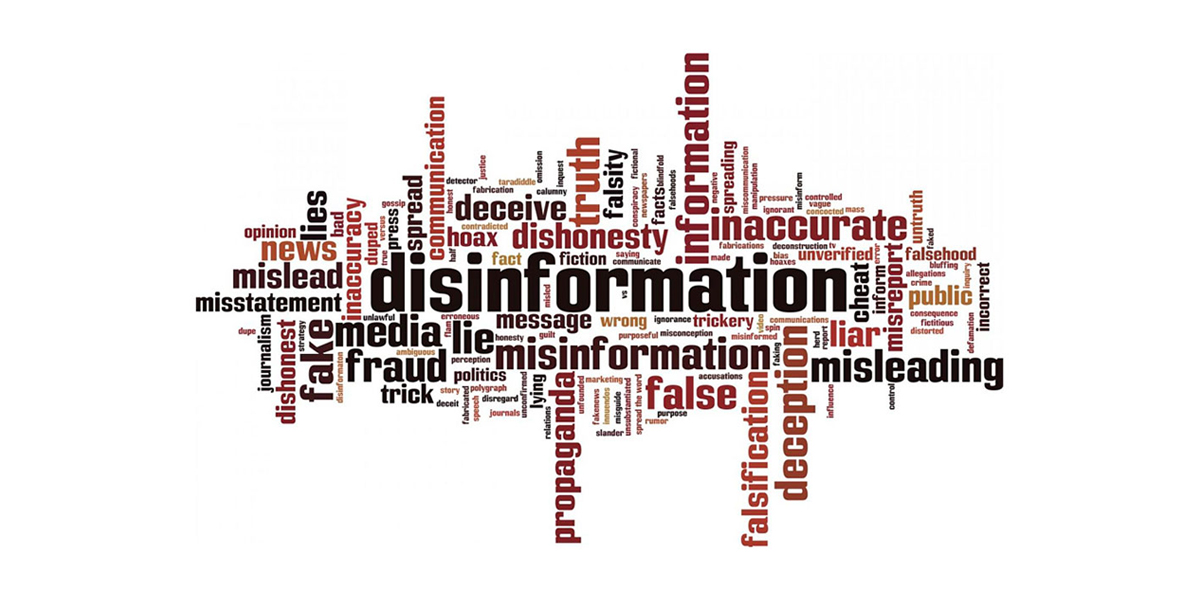Thessaloniki Workshop “Information Disorder: Understanding propaganda techniques during a war infodemic”, July 1-3, 2022
WHO: Symbiosis-School of Political Studies in Greece, affiliated to the Council of Europe Network of Schools launches the project “Information Disorder: Understanding propaganda techniques during a war infodemic” taking place during July to September 2022, in Thessaloniki and Athens, organised with the support of the European Cultural Foundation. The project aims to support participants in developing their understanding regarding the sources of misleading and/or false information and activate critical thinking and media literacy skills in recognising and responding to these phenomena, including by making their own stories.
HOW: Presenters and facilitators from Greece, Ukraine, Cyprus/UK and Serbia will focus on the ongoing “war infodemic” and on countering multiple threats of disinformation, misinformation, propaganda filter bubbles and fake news promoted through media, following the invasion in Ukraine. Through alternative media, Ukrainian refugees, diaspora communities and locals, will discuss how to critically consume media and information and to raise their own voices.
Presenters include, amongst others:
Polina Moshenska is a Ukrainian filmmaker. She has graduated from National University of Kyiv Mohyla Academy with MA in Culture Studies. Her documentaries have been selected by international festivals and film events all over the world. She worked in different positions within the film industry in Ukraine and Europe.
Alexia Kalaitzi is a journalist who lives and works in Thessaloniki. She covers current affairs, with a focus on social and political topics for Greek and international media. She works for ERT television and “Kathimerini” newspaper and her reports have been published in Deutsche Welle, Guardian, Al Jazeera and VICE, among others. She has participated in cross-border investigative journalism projects and in 2021 she was selected as a fellow for the Fellowship for Journalistic Excellence of the Balkan Investigative Journalism Network (BIRN). She studied at the Department of Journalism and Media of the Aristotle University of Thessaloniki and completed the postgraduate program at the University of Macedonia on politics and economics in Southeast and Eastern Europe. In the summer of 2019, she trained in documentary production, attending the Journalism Video Workshop, Columbia University in New York, with a scholarship from the Stavros Niarchos Foundation.
Ljubisa Vrencev, a co-founder of Symbiosis, has worked as journalist and editor in Radio and TV Pancevo, Serbia, from 1995-2000. With over 30 years of experience in developing and implementing humanitarian and emergencies response programs, managing sustainability units in corporate and other environments and advising on development policy and best practices, he is currently Country Director at Arbeiter Samariter Bund – Country Office in Greece.
Eleni Panayiotou is a Media Professional with over 20 years’ experience, specialising in online and radio journalism. Eleni has been Editor in Chief at popular Greek defence website OnAlert and worked freelance in defence and security journalism for online media. She has participated in an array of cross-border journalism missions. Eleni has studied Media at the London College of Music and Media, University of West London and Cultural Studies at Goldsmiths University of London. She is currently Head of Communications at Arbeiter Samariter Bund – Country Office Greece.
WHAT: The workshop aims to:
– Enhance participant’s skills in recognizing disinformation and use of social media
– Discuss good practices for responsible reporting during an infodemic
– Explore story-telling techniques and tools
WHEN: Sessions start on Friday 1st July, 17:30-20:00, and run Saturday 2nd and Sunday 3rd July, 10:00-17:00.
WHERE: The Thessaloniki Workshop will be hosted by the Heinrich Boell Stiftung in Greece.
Who can apply?
Displaced persons, civil society advocates, humanitarian workers, media workers and students. Applicants are required to have a good knowledge of English.
We invite those interested in participating to register HERE by Wednesday, 22 June 2022. There is limited capacity for each workshop; successful applicants will be notified.
The workshop will run in accordance with applicable rules for the Covid-19 situation at the time of the implementation.
For any questions or additional clarifications, please contact office@symbiosis.org.gr
————————————————————————————————————————
Symbiosis was founded in May 2011 drawing upon collaborations in the Balkans and Greece in education, rights and anti-discrimination. Based on the premise that practicing human rights protection equals to democratic rule of law, Symbiosis focuses on information and education, freedom of expression, documentation and analysis, public debate and active civic participation, so that people and communities voice their needs and ideas. Grounded on the need for global civics, citizenship, social inclusion and political participation, Symbiosis work towards democratic participation in political processes free of discrimination and exclusion, and on developing civic awareness on institutional practices regarding rights. In 2020, Symbiosis has been awarded the European Citizens’ Prize by the European Parliament for the activities of the School of Political Studies in Greece. Symbiosis advocates for the political, social and economic participation of migrants and marginalised communities. Τhe organisation participates in networks such as the Anna Lindh Foundation Network, the Fundamental Rights Platform of the EU Fundamental Rights Agency, the Greek Housing Network, Select Respect Network and the Thessaloniki Municipality Migrants’ Integration Council (2012-19).
The School for Political Studies in Greece was established by Symbiosis and the Council of Europe in 2014 and affiliated to the Network of Council of Europe Schools of Political Studies. This initiative of the Council of Europe since the early 1990s aims to develop and strengthen democratic processes, strengthen civil society and promote democratic initiatives. Today, the 21 Schools that make it up, focus on the challenges that arise for democracy and its institutions. The educational programme of the School in Greece consists of an annual cycle of seminars, participation in the Council of Europe World Forum for Democracy in Strasbourg, as well as training, and it aims at education, co-operation and dialogue among civil society, policy makers, experts and the media. It focuses on human rights, anti-discrimination, social inclusion, democratic citizenship, freedom of expression, democratic governance, equality and gender-based violence, migration and the protection of the environment.
————————————————————————————————————————

